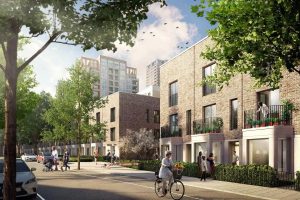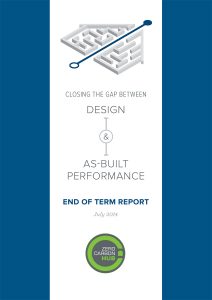current situation
During the lifetime of the SDF, the sustainability knowledge and awareness of the building industry has improved markedly, and real sustainability performance, in terms of delivery, has improved among the industry’s leaders. The Sustainable Development Foundation has played its part in this improvement, particularly by helping to set up a number of leading-edge non-profit organisations.
As a result of these programmes, and the work of many others, it seems possible that the sustainable built environment market has reached a critical tipping point: some of the leading mainstream companies are starting to adopt exemplary sustainability practices, such as Passivhaus or low-impact materials, that were previously the territory of the pioneers. This suggests that a new wave of investment, and a significant step-change in industry engagement, might be forthcoming as some of the bigger players start to invest in developing these areas.
However, despite recent advancements in sustainability performance, progress across much of the building industry is too slow to meet the requirements of global environmental limits, such as CO2 emissions or natural resource availability: the performance gap still exists, there is very little focus on actual building performance or on whole life carbon, and capital cost decisions still take primacy over whole life costs. Government interest in promoting further advancement of sustainable buildings is also currently quite weak.
SDF FOCUS
The current focus of the SDF is therefore on mapping out how to achieve widespread implementation of leading-edge sustainability practices and, working in partnership with others, seeking to drive large-scale transformations towards exemplary sustainable building practices.
In many cases this might highlight the need for a broader system change, as it is often difficult to deliver higher levels of sustainability due to constraints in the existing social and economic paradigms. For example, creating a circular economy for the built environment would require transformation of the whole sector.

